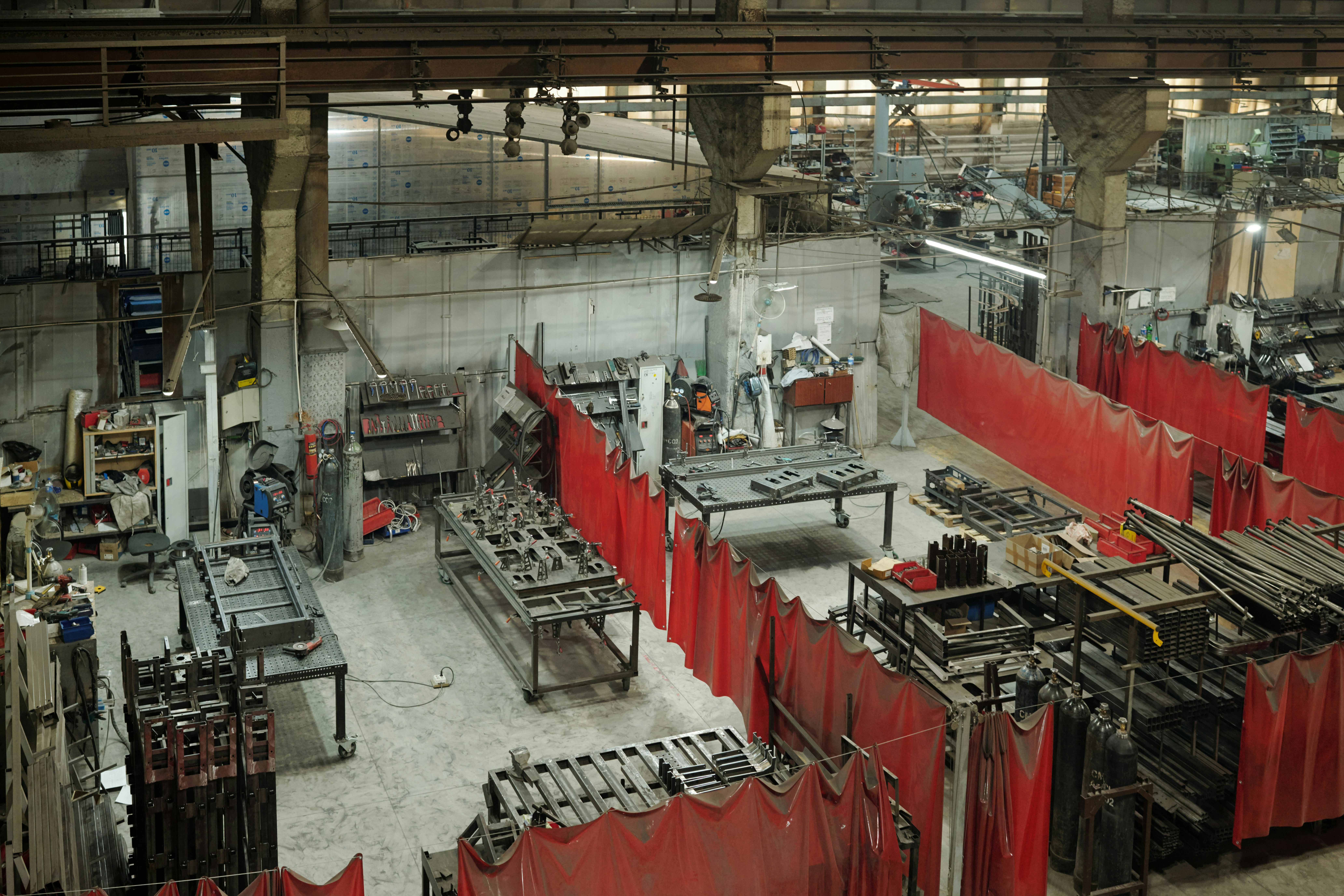
The Role of Industrial Maintenance in Modern Operations
Industrial maintenance is a crucial component of any manufacturing or production facility. It ensures that machinery, equipment, and infrastructure function efficiently, reducing downtime and preventing costly breakdowns. Without proper maintenance, even the most advanced industrial operations can face significant losses due to unexpected failures, decreased productivity, and compromised safety. Effective maintenance strategies keep industries running smoothly while optimizing resources and extending the lifespan of essential assets.
Different Types of Industrial Maintenance
Industrial maintenance is not a one-size-fits-all process. Different strategies are employed based on the nature of the equipment, operational demands, and industry requirements. The three primary types of maintenance are preventive, predictive, and corrective maintenance.
Preventive maintenance involves routine inspections, servicing, and part replacements to reduce the likelihood of unexpected failures. It is scheduled at regular intervals and aims to keep machines operating at peak performance. While this approach reduces unplanned downtime, it can sometimes lead to unnecessary servicing if performed too frequently.
Predictive maintenance takes a more data-driven approach, using technology to monitor equipment in real time. Sensors and analytics predict when a component is likely to fail, allowing maintenance teams to address issues before they lead to a breakdown. This method minimizes costs by reducing unnecessary maintenance while preventing unexpected failures.
Corrective maintenance, also known as reactive maintenance, is performed only when a failure occurs. While this method may seem cost-effective in the short term, it often leads to higher repair costs, extended downtime, and potential safety hazards. Most industries strive to minimize corrective maintenance through proactive strategies.
The Impact of Technology on Industrial Maintenance
Advancements in technology have transformed the way maintenance is conducted. The integration of automation, artificial intelligence, and the Internet of Things (IoT) has enabled smarter and more efficient maintenance practices. Sensors embedded in machinery collect real-time data on performance, temperature, vibrations, and other indicators. This information is analyzed to predict failures, optimize maintenance schedules, and improve overall equipment effectiveness.
Computerized Maintenance Management Systems (CMMS) have also revolutionized industrial maintenance. These digital platforms help organizations track maintenance activities, schedule inspections, manage inventory, and generate reports for better decision-making. By centralizing maintenance data, CMMS enhances efficiency and ensures compliance with industry regulations.
The Importance of Skilled Maintenance Technicians
While technology plays a significant role in industrial maintenance, skilled professionals remain at the heart of the process. Maintenance technicians, engineers, and specialists are responsible for diagnosing issues, repairing equipment, and implementing maintenance strategies. Their expertise ensures that complex machinery operates safely and efficiently.
Training and continuous education are essential for maintenance personnel to stay updated on the latest technologies and best practices. Many industries invest in specialized training programs to equip their workforce with the necessary skills to handle modern maintenance challenges.
Challenges and Future Trends in Industrial Maintenance
Industrial maintenance comes with its own set of challenges, including budget constraints, aging equipment, and the need for skilled labor. Balancing cost-effective maintenance with high reliability is an ongoing concern for many organizations. Additionally, as industries move toward automation, maintenance teams must adapt to new technologies and digital solutions.
Looking ahead, the future of industrial maintenance will likely see further advancements in AI-driven diagnostics, robotics for maintenance tasks, and increased use of digital twins—virtual replicas of physical assets that allow for real-time monitoring and simulation. These innovations will help industries achieve greater efficiency, reduce downtime, and optimize resource allocation.
Industrial maintenance is the foundation of reliable and efficient operations across various industries. By implementing the right maintenance strategies, leveraging technology, and investing in skilled personnel, businesses can maximize productivity and minimize operational disruptions. As industries continue to evolve, maintenance practices must adapt to ensure sustainable and resilient industrial environments.